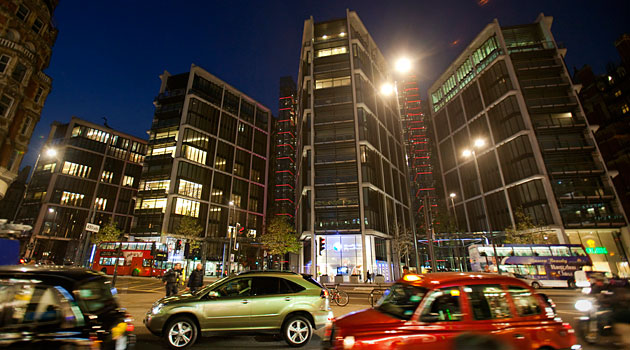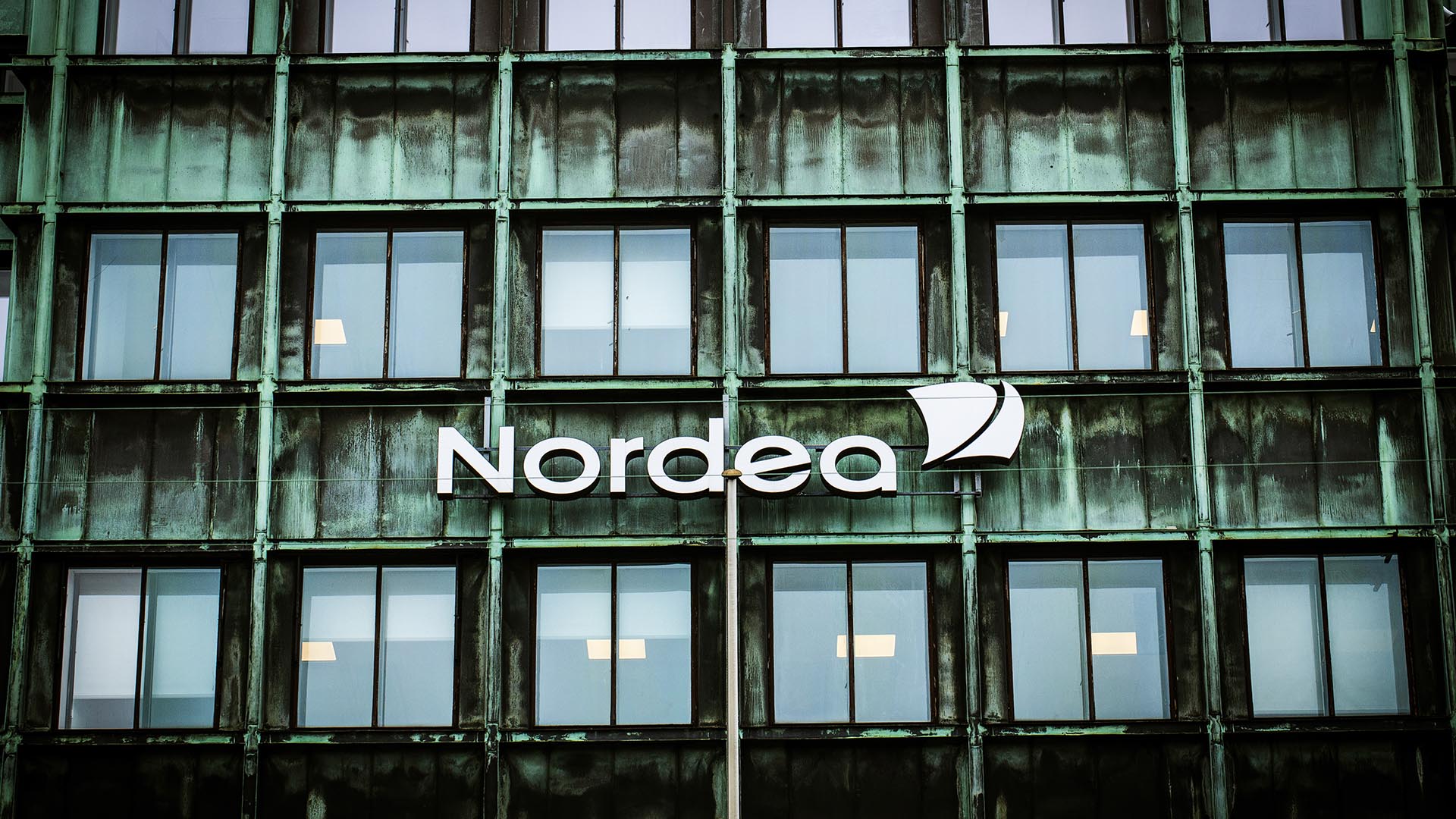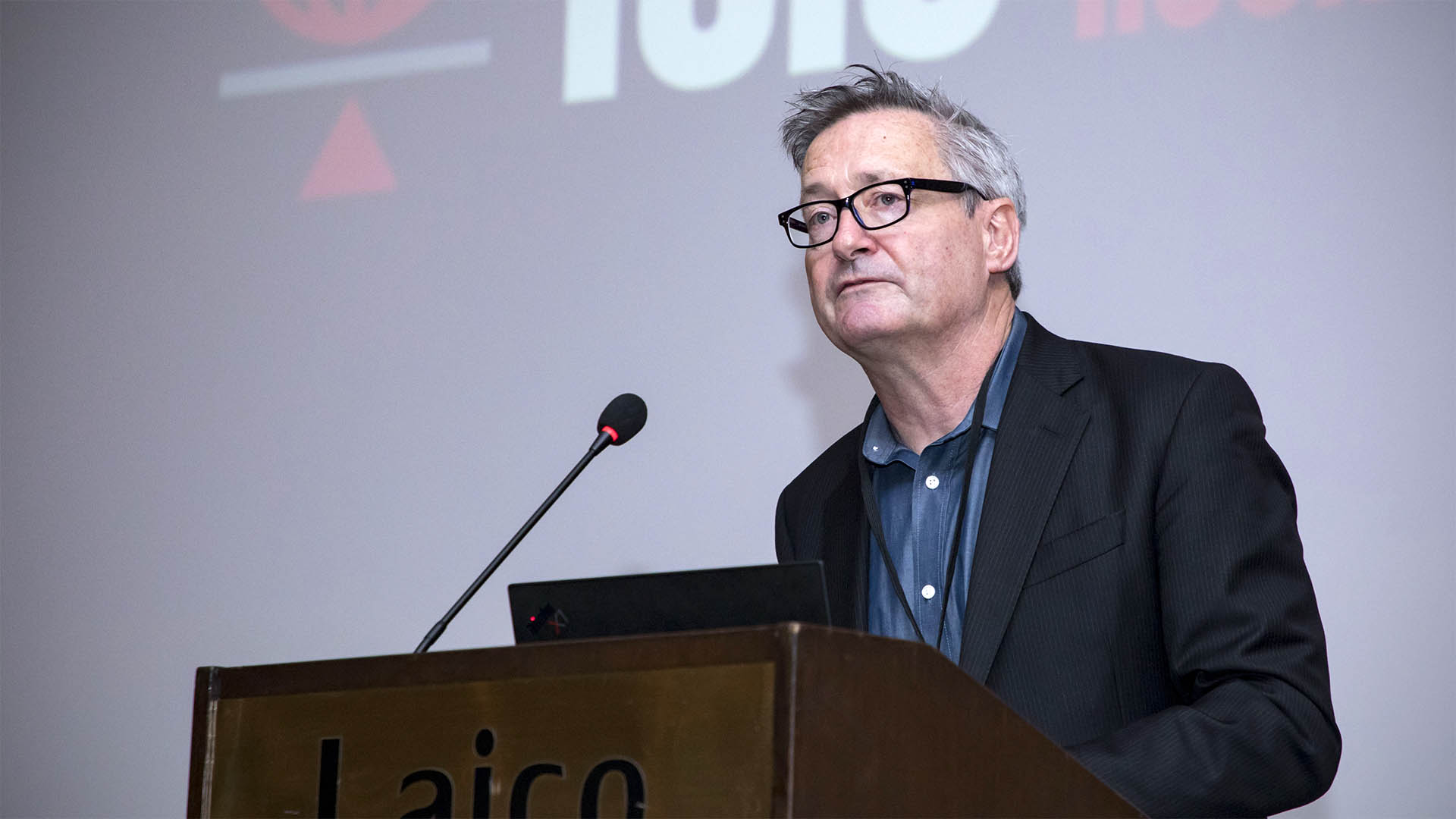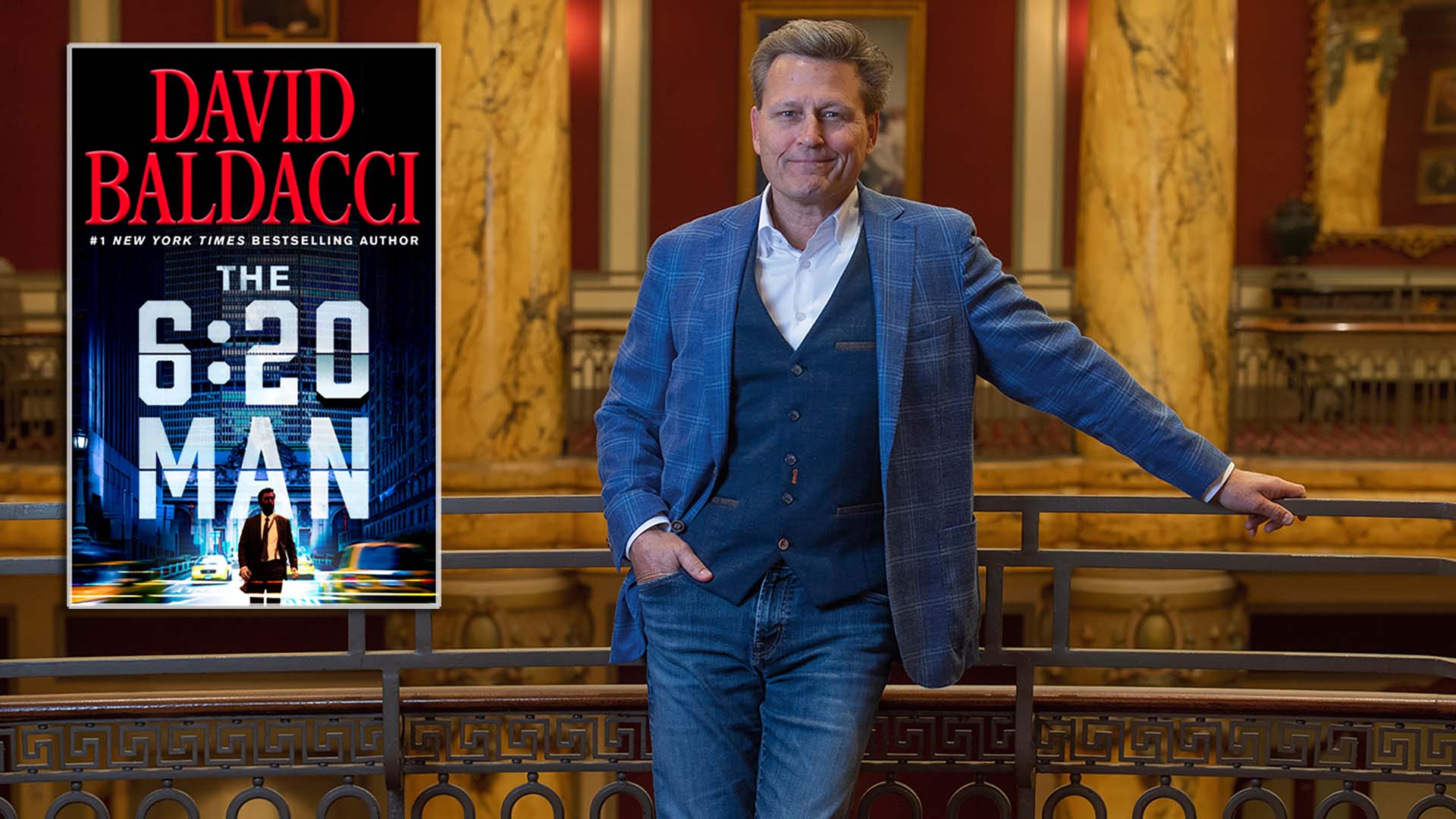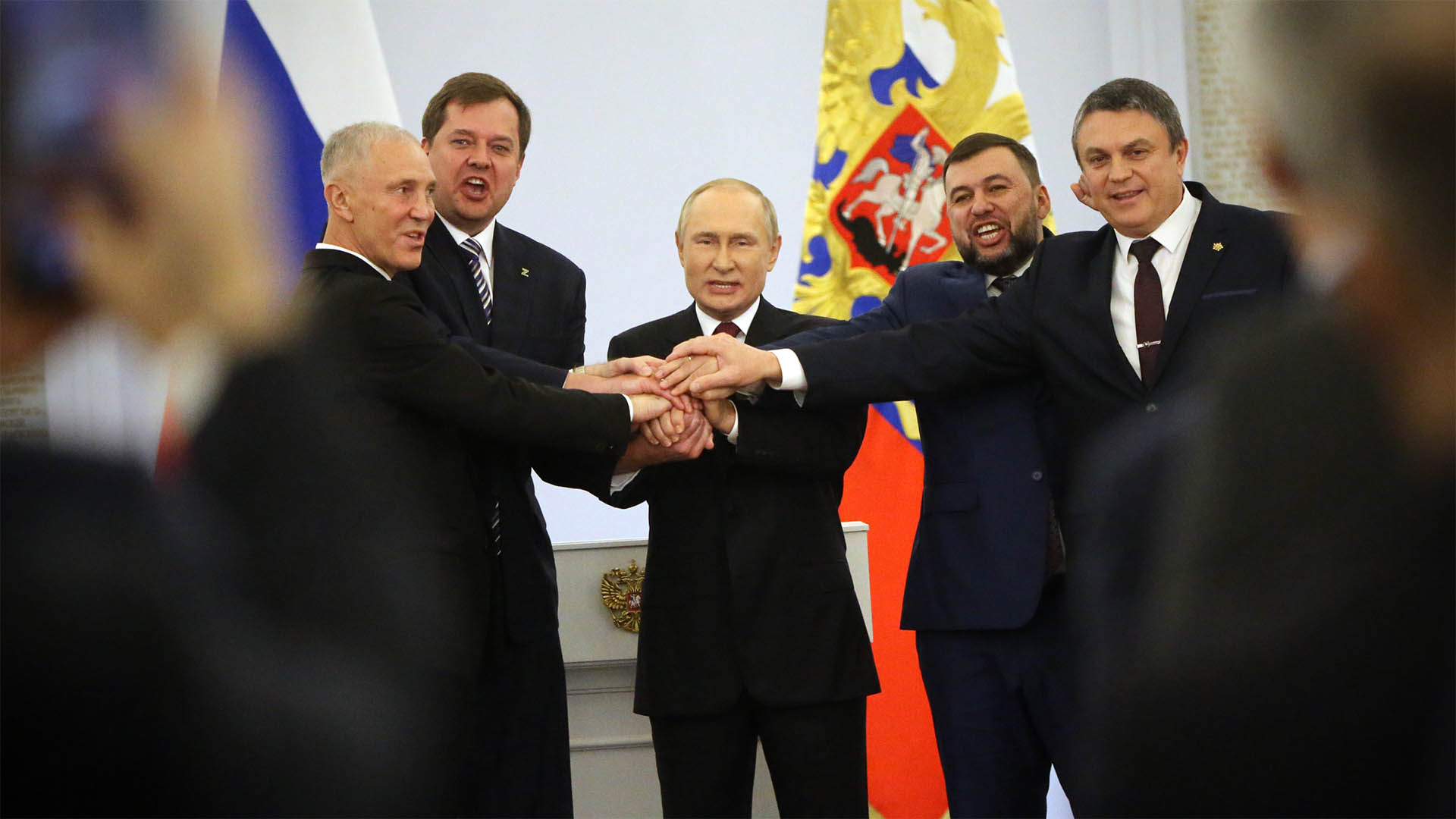Bankrupt Irish developer and the Ukraine’s richest man are among individuals linked to hyper-lux apartments for the super rich.
A single block of flats in central London presents the most blatant case of British Virgin Islands secrecy in Britain. The four towers of One Hyde Park, designed by Richard Rogers and backed by the Qatari ruling family, are aimed at what some would call the obscenely rich.
Almost 80 percent of the 72 hyper-luxury apartments have so far been bought, at prices ranging from £3m to £136m, in the name of anonymous offshore entities – the majority of them registered in the BVI.
A possible explanation for offshore secrecy in one case emerged this year, when the alleged true owner of a £3.6m flat, the bankrupt Irish property developer Ray Grehan, was identified and accused of an attempt to cheat his creditors.
The Irish “bad bank”, Nama, is owed €269 million (£216 million) by Grehan and is pursuing him though the courts. Grehan denies wrongdoing: he maintains the flat is not really his, but belongs to a family trust.
Nama has secured a freeze on any sale. According to the court hearings, it alleges the Irish property tycoon deliberately transferred his original interest into an offshore company, Postlake Ltd, registered in the Isle of Man. Postlake in turn was owned by Purcey Ltd, an entity registered in the BVI, on behalf of a Manx trust set up by Grehan himself. The trust beneficiaries, it is claimed, turned out to be Grehan and his family.
Also now identified, although not accused of such wrongdoing, is the owner of the most extravagant of the flats at One Hyde Park. The BVI-registered company Water Property Holdings Ltd paid £136 million in 2007 for a pair of penthouse flats to be knocked together. Behind the anonymous entity is Rinat Akhmetov, the richest man in post-Soviet Ukraine.
But this still leaves another 30 or so BVI owners who are allowed by the Land Registry to hide their names, along with others registered in even more controversial secrecy jurisdictions, such as Liechtenstein, St Vincent, and Liberia.
Such techniques will enable the residents of a total of £760 million worth of property to avoid British capital gains and inheritance tax.
Some of those whose origins lie abroad will also be able to avoid the attention of their own tax authorities, and of local citizens who might wonder where such wealth came from in the first place.
The graphic below reveals the names of the anonymous offshore entities used to buy the apartments in secrecy. They are listed here for each floor of One Hyde Park.
Enlarge the image by clicking on it.
David Leigh is a member of ICIJ. This story was also published in The Guardian.
